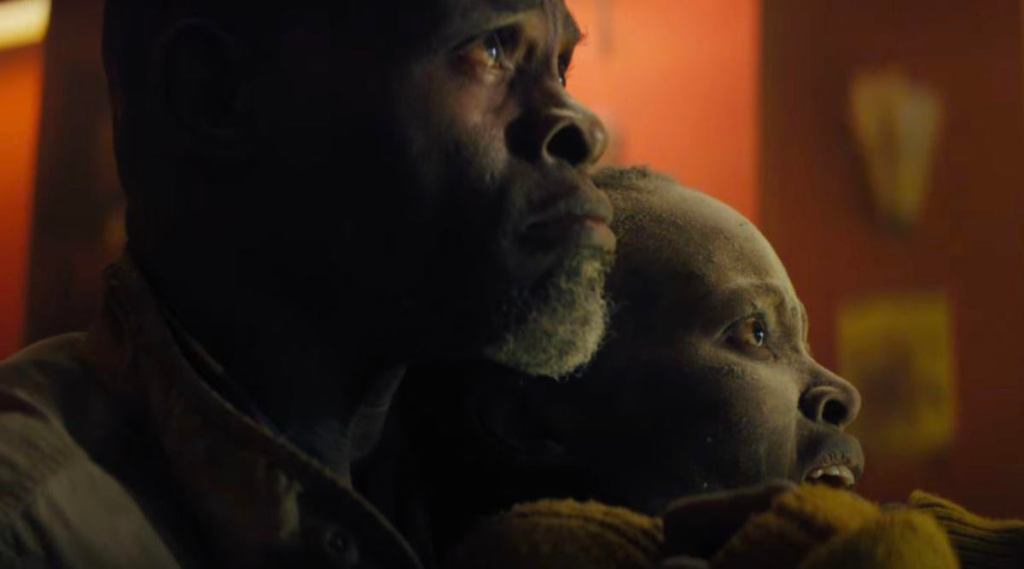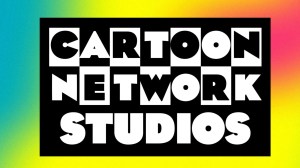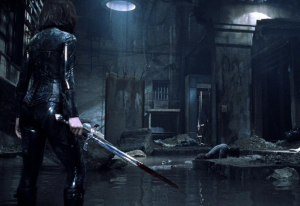Despite an illustrious career spanning over two decades, including two Academy Award nominations, actor Djimon Hounsou has revealed he’s still struggling financially in Hollywood. The revelation is particularly striking considering Hounsou’s trajectory, from his breakthrough role in Steven Spielberg’s Amistad to becoming a staple of blockbuster franchises like the Marvel Cinematic Universe and the DC Universe. During a recent interview with CNN’s African Voices Changemakers, the star opened up about the challenging financial realities of his acting career, highlighting ongoing issues of pay inequality in the entertainment industry that persist even for performers of his caliber.
Videos by ComicBook.com
“I’m still struggling to make a living,” Hounsou admitted in the interview. “I’ve been in this business making films now for over two decades with two Oscar nominations, been in many blockbuster films, and yet I’m still struggling financially. I’m definitely underpaid.” The actor’s candid revelation contrasts his impressive resume, which includes critically acclaimed performances in films like Amistad, Gladiator, and Blood Diamond, the latter earning him his second Academy Award nomination for Best Supporting Actor in 2007.
[RELATED: Djimon Hounsou Reveals How Rebel Moon Brought Friendship With Zack Snyder Full Circle]
The actor further elaborated on his experiences with pay negotiations in Hollywood, sharing how he often faces lowball offers despite his extensive experience and accolades. “I still have to prove why I need to get paid,” Hounsou explained. “They always come at me with a complete low ball: ‘We only have this much for the role, but we love you so much and we really think you can bring so much.’” These struggles persist despite Hounsou’s involvement in major box office releases, including roles as Korath in Guardians of the Galaxy and Captain Marvel, the Fisherman King in Aquaman, and the wizard Shazam in multiple DC films.
From Oscar Nominations to Ongoing Industry Struggles

Hounsou’s journey in Hollywood began with Steven Spielberg’s 1997 historical drama Amistad, though his breakthrough performance was met with unexpected obstacles. “I was nominated for the Golden Globe, but they ignored me for the Oscars,” the actor recalled. Despite this early setback, Hounsou would go on to earn two Academy Award nominations for Best Supporting Actor – first for Jim Sheridan’s In America in 2004, where he delivered a powerful performance as an HIV-positive artist, and then for Edward Zwick’s Blood Diamond in 2007, starring opposite Leonardo DiCaprio.
The actor connected his personal experiences to broader issues in the industry, stating, “That’s a sign for you that systemic racism is not something you can deal with lightly. It’s so deeply inserted in everything that we do, across the board.” He also referenced fellow actor Viola Davis’s similar struggles with fair compensation, noting how even acclaimed performers continue to face pay equity challenges regardless of their achievements. Davis, who has won an Oscar, an Emmy, and a Tony Award, has previously spoken about facing similar compensation disparities despite her accolades.
In recent years, Hounsou has maintained a strong presence in major productions, taking on roles in films like A Quiet Place Part II and Zack Snyder’s Rebel Moon. His work has also extended beyond acting, as he founded the Djimon Hounsou Foundation to address the cultural disconnection between Africa and its diaspora. “My acting work really opened my eyes,” Hounsou shared. “As I was doing research for [Amistad], I became profoundly aware of the disconnect between Afro-descendants from their roots and culture. Because when you don’t know where you came from, you don’t know who you are.”








